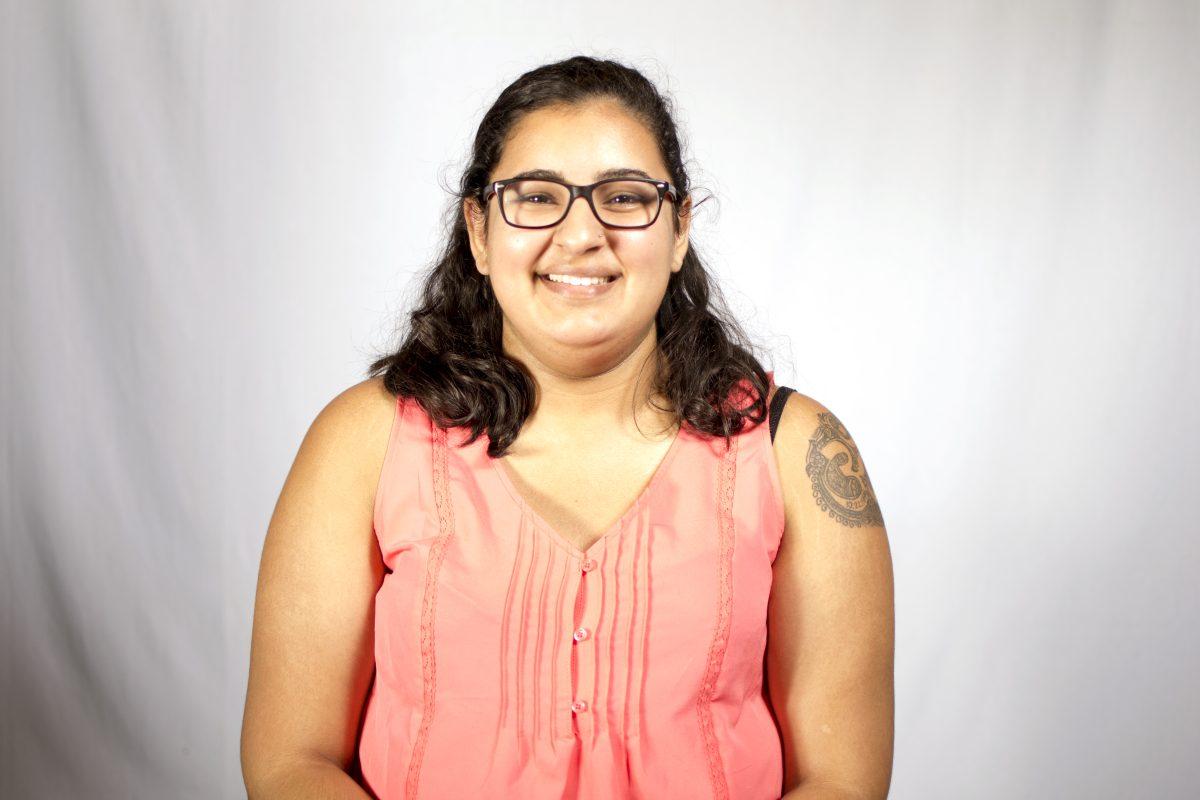Listen– there have always been LGBTQ+ players in sports teams and communities around the world. To assume that, just because there are no out-players, that there are no LGBTQ+ players at all in any given sport, is not only ignorant and uninformed, but also just plain dumb. Queer sports and queer people in sports have existed for centuries, and will continue to exist for centuries more.
Oct. 1 marked the start of LGBTQ+ History Month. According to an article published in Out Sports, NC State has had five athletes come out publicly as of 2016. Given the hypermasculine, often toxic and homophobic environments fostered within locker rooms and amongst fans in the stands, five is a large and brave number– especially amongst other Power Five conference schools.
In fact, NC State’s swimming and diving team was deemed by Out Sports to be “one of the queerest teams in recent years,” with at least three openly gay men on the team each year from 2008 until 2012.
Despite these positive statistics about NC State Athletics, and the swimming and diving team in particular, the reality is that there is very little to no visible support for queer athletes and fans coming from NC State Athletics. Moreover, the culture surrounding sports that is so riddled with homophobia and toxic masculinity is still prevalent amongst most athletic teams and events.
Whether it’s fans making coarse and homophobic gestures at referees (or players), people using homophobic and sexist language (on the field, in the locker room or in the stands) or reacting poorly when an athlete comes out publicly, the fact remains that there are still several hurdles to cross in making sports culture more inclusive and welcoming for LGBTQ+ players and fans.
In an ideal world, athletes wouldn’t have to risk everything to stay true to themselves. Fans wouldn’t feel ostracized by bigoted comments made by athletes or coaches they may idolize. Celebrating Pride through themed games would be the norm, rather than the once-yearly events that happen in some professional sports leagues with paltry words of support and no real actions to back up their claims.
However, it’s clear that we don’t live in an ideal world. There are several professional sports leagues with nary an out queer player. Non-revenue college sports teams may seem more inclusive, if only because of the lack of national attention and smaller fan bases, but these exceptions do not make the rule.
NC State Athletics needs to do more to make sure that LGBTQ+ players, coaches and fans know and understand that they not only can play, but that they are welcome and just as much a part of the Wolfpack family as any straight cisgender athlete. Something as simple as hosting themed Pride nights at various sporting events or doing outreach in partnership with pro-LGBTQ+ organizations goes a long way in fostering inclusive environments and, at the very least, publicly showing support for LGBTQ+ individuals.
It’s going to take a worldwide effort to change the homophobic and often toxic culture in sports. Though this may be the case, taking small steps as a Power Five conference university can do wonders, not only for NC State’s public image (because we know it’s all about that revenue and those sponsorships), but also for the high school athletes looking to find an inclusive place to continue doing what they love.








